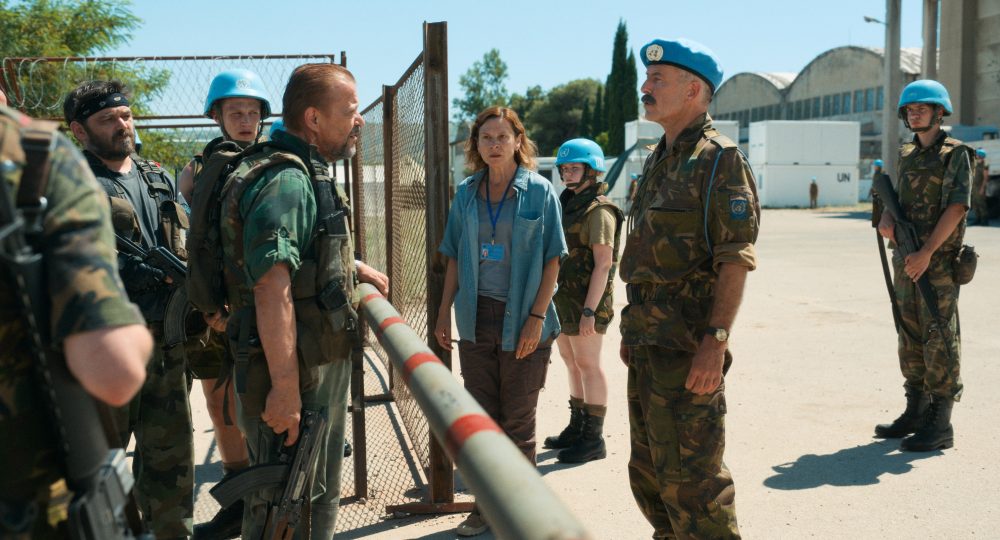Berlin’s Co-Production Market Stays Strong Despite COVID-19 Challenges

For nearly two decades the European Film Market has had, at its core, the Berlinale Co-Production Market, where hundreds of producers, sales agents, distributors, broadcasters and, more recently, some streamer execs have been drawn to a bunch of curated projects.
The EFM has always been Europe’s quintessential co-production germinator. But the pandemic has made it much tougher to make movies across multiple territories, while the streamers, which tend to fully finance their projects, get bigger — accelerating a pre-existing market dynamic. What might these accelerated shifts mean for the current state of the co-production in Europe where it’s been such an integral part of the industry ecosystem?
Martina Bleis, who heads the Berlinale Co-Production Market, says they had approximately the same number of submissions, roughly 300, for their 35-title Official Selection this year. But while she noticed that producers took “more time and care” to fill out their applications, and there are fewer submissions for comedies, the application’s budget line proved problematic. “Obviously people know that budgets rise due to the pandemic, so it’s more difficult to estimate budgets,” she says.
On top of that, producers simply don’t know how much longer travel and other restrictions will be in place.
Over at Eurimages, which is Europe’s top co-production fund, its chief Roberto Olla says the pandemic has had no impact for the moment in terms of the number of projects submitted to them. In all, 196 projects were deemed eligible for funding in 2020 (to qualify for support, projects must have at least 50% of financing in place).
But the fact that those projects have approved EU funding for projects, doesn’t mean these pics will actually get made, Olla cautions. “In 2020, there’s been a lot fewer shoots,” he notes. “In terms of cash flow [they’ve] paid out a lot less.”
“The industry formally continues to work. Projects are packaged and presented, and supported,” says Olla. “But the number of these projects that has actually gone into production has drastically dropped.”
He points to an alarming figure: in 2020 only 5% of projects approved by Eurimages actually went into production. It’s still early to gauge the full impact of the pandemic and other ongoing film market dynamics on co-prods, though it’s clear that producers want
them to continue.
“Co-productions have always been complicated creatively and financially, but they are worth it,” says Martin Moszkowicz, Chairman of the Executive Board of German powerhouse Constantin Film. He notes that these days it’s “even more important that companies in Europe, which is made up of many small markets, join forces.”
Moszkowicz also points out that, in terms of scope, co-productions now are more important in television than in the traditional theatrical arena.
“You have all these huge free-TV companies all throughout Europe — Mediaset, TF1, the BBC, ZDF — and they are feeling pressure from the streamers, who have a unified way of approaching productions, both creatively and financially,” he says.
